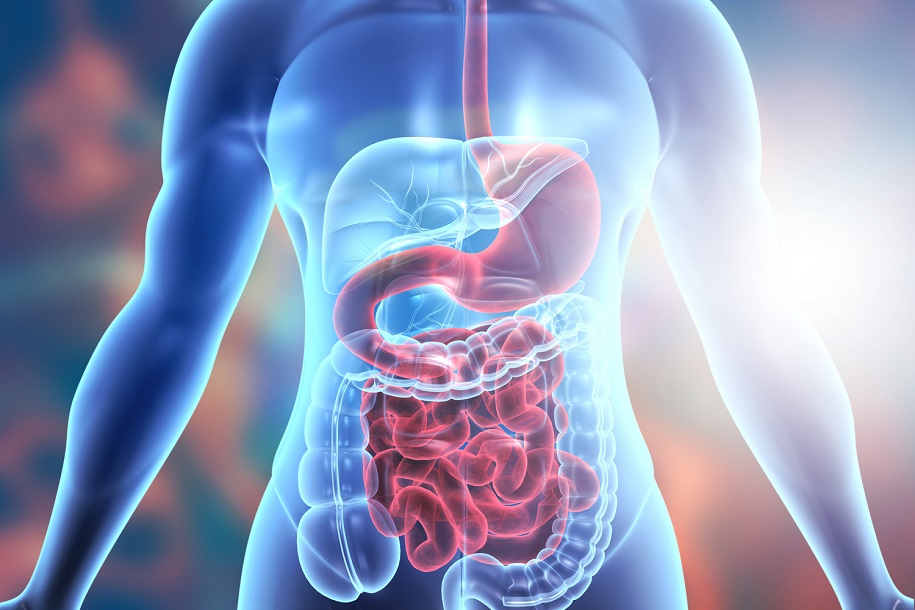There’s no better time than the moment to think about your health and gastrointestinal issues According to a board-certified gastroenterologist monitoring how your digestion is quite simple and can significantly lower the chance of developing illnesses in the digestive tract. These are our top 10 tips for maintaining a healthy digestive system through the coming year.
1. Eat a High-Fiber Diet
A balanced diet filled with both insoluble and soluble fiber can help ensure that food particles are flowing through the digestive system. A diet high in fiber can also help maintain your bowel health by reducing your chance of developing diverticular diseases in the colon. Fruits, vegetables and whole grains are great sources for insoluble fiber and oats, beans and lentils are abundant in fiber that is soluble.
2. Limit Fatty Foods
In contrast to dietary fibers deep-fried, fatty foods can affect your digestive process. They can also trigger the production of stomach acid to overflow and increase the chance of having gastric reflux, or gastroesophageal diseases.
3. Make Time to Chew
The slow chewing of your food can increase the quantity of digestive enzymes released into your mouth, allowing to better digestion overall of. Chewing too fast, however, causes your food to be more difficult to digest and may cause gas or ingestion. You should aim for around 30 chews each time you eat.
4. Integrate Probiotics in your Diet
Probiotics contain those same beneficial bacteria which are found in the digestive tracts of our bodies. They can help reduce the bloating and stomach indigestion by breaking down food items as they move throughout the digestive system.
5. Keep hydrated
Drinking plenty of water will ensure that the nutrients in the foods we consume are taken in and digested. It is recommended to drink at minimum 8 glasses of water a each day, and more if you’re active.
6. Exercise Regularly
Regular exercise helps maintain the gastrointestinal health of your digestion system, speeding the passage in food from your intestinal tract. Exercise can also boost your energy levels throughout the day and increases metabolism.
7. Eat when it is the right time
Try to eat both your snacks and meals at the same time every day. Consuming smaller, less frequent meals can help aid digestion by ensuring the same blood sugar balance as well as metabolic rate.
8. Manage Stress
If we are stressed the digestive system is among the first areas of our body that is affected. Stress can trigger spasms of the stomach and an increase in stomach acid production, which can lead towards more serious digestion problems. Make an effort to lessen stress levels in your day-to-day lifestyle by relaxing and exercising.
9. Sleep
The amount of rest that we have can impact the gastrointestinal health of our digestive system. Just like other organs in our body the digestive system also requires some time to rest and relax. If you eat for two hours or more prior to going to bed could disrupt your digestive tract and interfere with your sleep. Regularly sleeping with a consistent duration will assist in ensuring that your digestive system functions more efficiently.
10. Make sure you are screened to check for Colon Health
A routine colonoscopy screening is among the most effective ways to keep gastrointestinal health, if you have certain risk factor requirements. The colonoscopy exam helps detect and avoid colorectal cancer. In general, adults are advised to undergo their first colonoscopy by 50 years old. African Americans should receive their first colonoscopy by when they are 45. If you have the family experience of colon cancer must have the first time they have a colonoscopy 10 years before the time at which their relative was diagnosed with colon cancer, or at the age of 40. After the first screening, another colonoscopy must be scheduled every 10 years or earlier when there are polyps are found.








